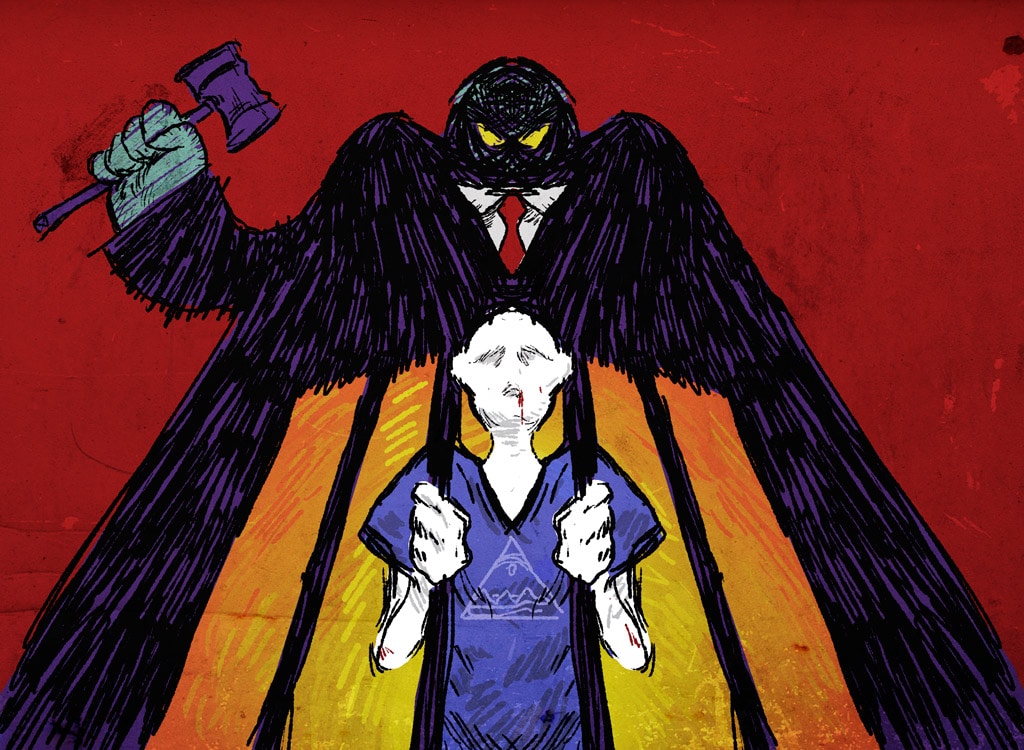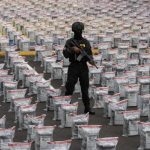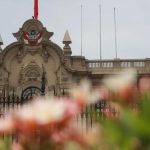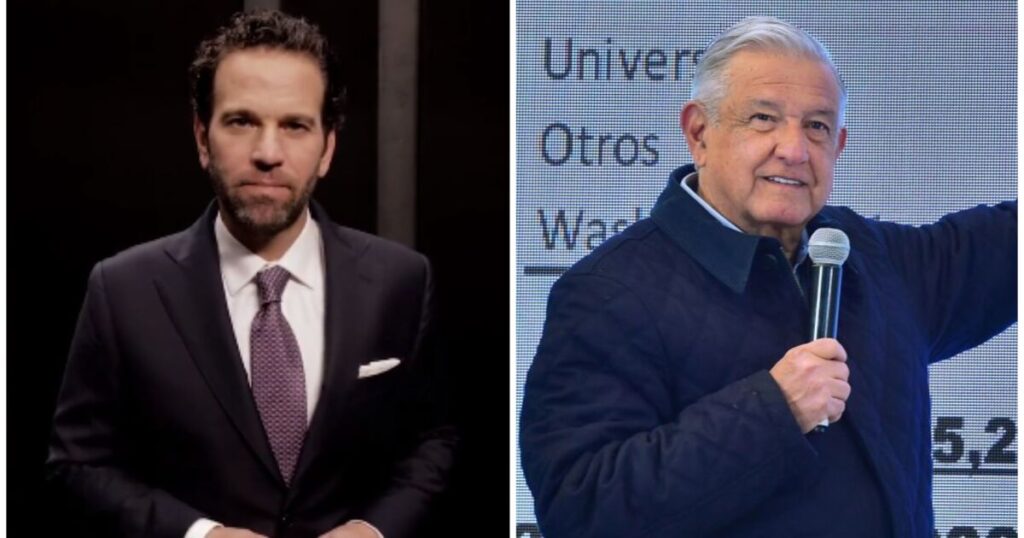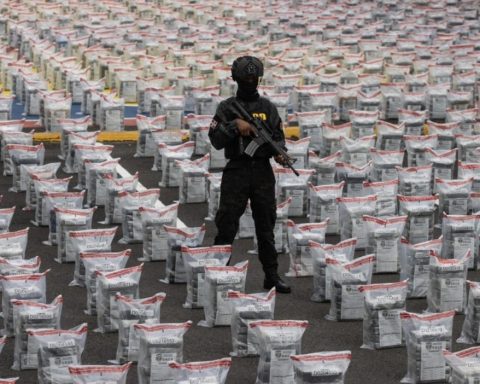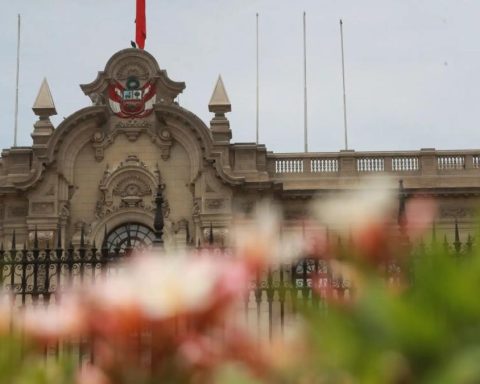The judicial machinery of the regime of Daniel Ortega and Rosario Murillo in Nicaragua, made up of police officers, prosecutors and judges who actively participate in the repression against political prisoners, have criminal responsibilities, lawyers agree who mention the crime against humanity of torture and malfeasance as the most serious illegalities in which they would be incurring.
The crime of malfeasance is punishable by five to seven years for judges and magistrates who commit acts contrary to the Political Constitution and national laws, explains lawyer Eilyn Cruz, from the group of jurists Penal Action. In addition, in accordance with article 131 of the Penal Code, prevarication entails absolute disqualification from the position.
“The issue of torture can be more directed at prosecutors and police officers, the maximum sentence is ten years, however, by conducting an investigation, working on a case with sufficient evidence, it could also be a case for judges, because they have deliberately delayed justice, and they are not unaware that these people are being tortured inside the prisons and the whole situation that is occurring, especially when the defenses have opportunely requested that they be evaluated by the forensic doctor, they have requested a change of measures and they have always ignored it,” says Cruz.
On behalf of Criminal Action, he adds that, given the number of vices in the trials, what fits is the definitive dismissal of the accused and not the nullity that would allow a rectification of the omitted act.
Read: the 15 judges and prosecutors who execute the orders against political prisoners
Wendy Flores: Judges have committed crimes
Wendy Flores, coordinator of the human rights group Nicaragua Nunca +, described the situation as unfortunate and explained that the justice administration system as a whole is acting against the freedoms and fundamental rights of political prisoners by carrying out these processes when “they should be respectful of human rights.”
Flores said that there have been violations of the due process that is established in the laws of the country and in international human rights instruments. Officials have done so based on the approval of the Special Cybercrime Law (which punishes “fake news”) and Law 1055 or “Sovereignty Law”, used as instruments to criminalize political, economic and social leaders.
What’s more: Relatives of political prisoners imprisoned in La Modelo and other prisons denounce torture
“None of them should be in jail. None of them have committed any crime (…) The system should be respectful. On the contrary, they have acted in an articulated manner without respecting the presumption of innocence and establishing early sentences. Judges, prosecutors, and police officers have committed crimes to the detriment of political prisoners, some more responsibly than others,” Flores said.
On January 31st, on the eve of the beginning of the political trials in the El Chipote prisons, the The Public Ministry violated the presumption of innocence of political prisoners, calling them “criminals and delinquents”.
A report of CONFIDENTIAL revealed, this February 11, who they are the 15 judges and prosecutors who execute the political orders emanating from El Carmen to condemn the political prisoners of Nicaragua.
The six judges are Martín Quiroz, Nadia Camila Tardencilla Rodríguez, Ángel Jeancarlos Fernández González, Félix Ernesto Salmerón Moreno, Nancy Aguirre Gudiel, and Ulisa Yahoska Tapia Silva.
The human rights defender also maintained that the complaints of torture against police officers are known to the judicial authority and “are not investigated or referred to the Public Ministry. “The Prosecutor’s Office is not conducting an investigation, this makes them even have a criminal responsibility for not taking any action around what is happening,” she added. She insisted that it is the duty of the officials to respect the human dignity of the accused at all times.

Molina: “In Nicaragua there is no justice system”
Lawyer Martha Patricia Molina, a member of the Pro Transparency and Anticorruption Observatory, explains that article 33, numeral 4 of the Political Constitution, establishes that all illegal detention causes civil and criminal liability in the authority that orders it. However, she recognizes that, under the current system, these crimes cannot be investigated because the State is the perpetrator against political prisoners.
In a new system, judges will have to be removed and police officers dishonorably discharged for damages caused, according to Molina. “The illicit processes that are taking place are dark. The justice system no longer exists in Nicaragua, its involution in recent years has been so repeated that we have become a territory dominated by the law of the strongest, where magistrates, judges, prosecutors and police are operators and executors of illicit acts to elaborate the part of the repression in charge of criminalizing innocent people, but giving a non-existent legal aspect”, he lamented.
Too: Second week of political trials closes with rulings against Tinoco and Jerez
The jurist also referred to the actions of government officials, who have lent themselves to the repression of non-governmental organizations and said that their actions must be documented, because they are people who will no longer be able to exercise public office due to the economic damage. , social and political that are causing in the country. Nor can they hide behind the principle of due obedience.
The director of the Department of Registration and Control of Associations in the Ministry of the Interior is Franya Ya-rue Urey Blandón, originally from Jinotega and identified as one of the main people responsible for the repression against the organizations.
Wendy Flores, from the human rights group Nicaragua Nunca +, argued that the Rome Statute—constitutive instrument of the International Criminal Court—establishes among the crimes against humanity the deprivation of physical liberty in violations of fundamental norms of international law, and it also puts as another cause the persecution of a group or collectivity with its own identity based on political motives.
“Here we are seeing how certain groups are being subjected to this persecution in order to exterminate any form of political participation and exercise of rights in our country. We have been denouncing that torture has been practiced, it does not prescribe, therefore, it can be persecuted at any time,” Flores warned.
What’s more: More than 100 relatives of prisoners of conscience demand the freedom of all
